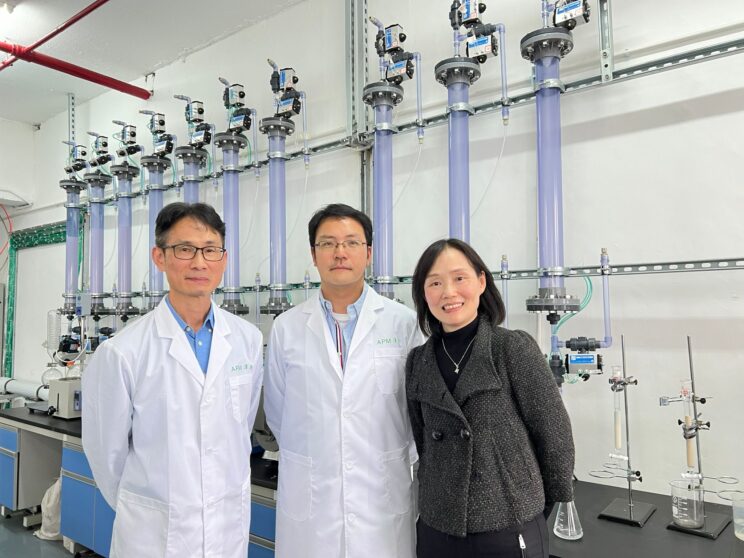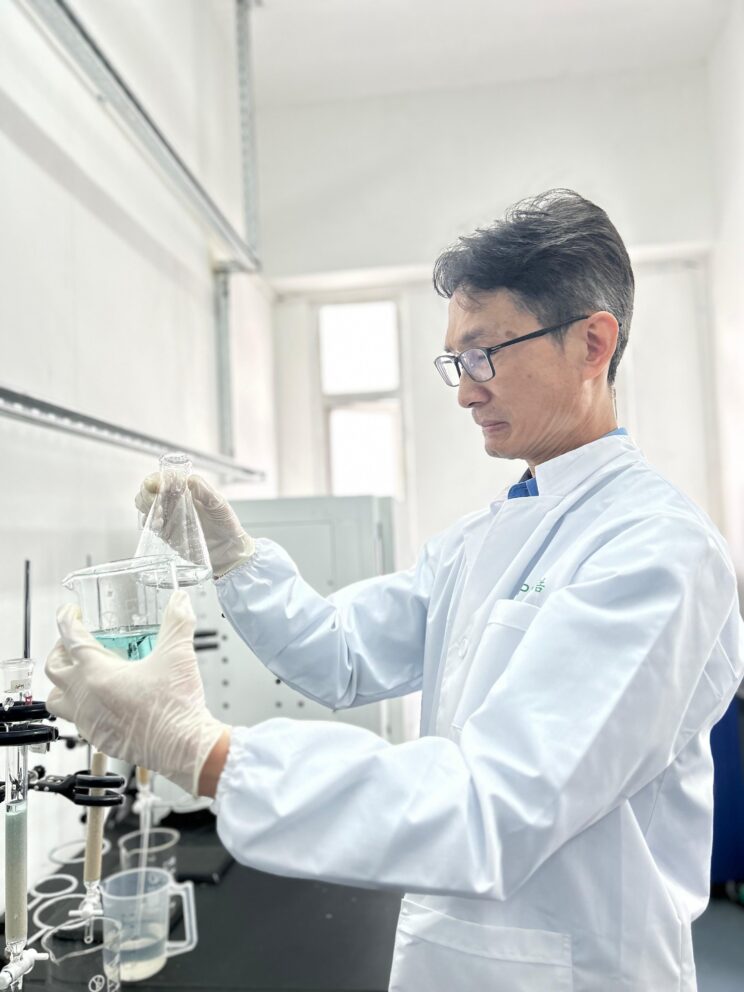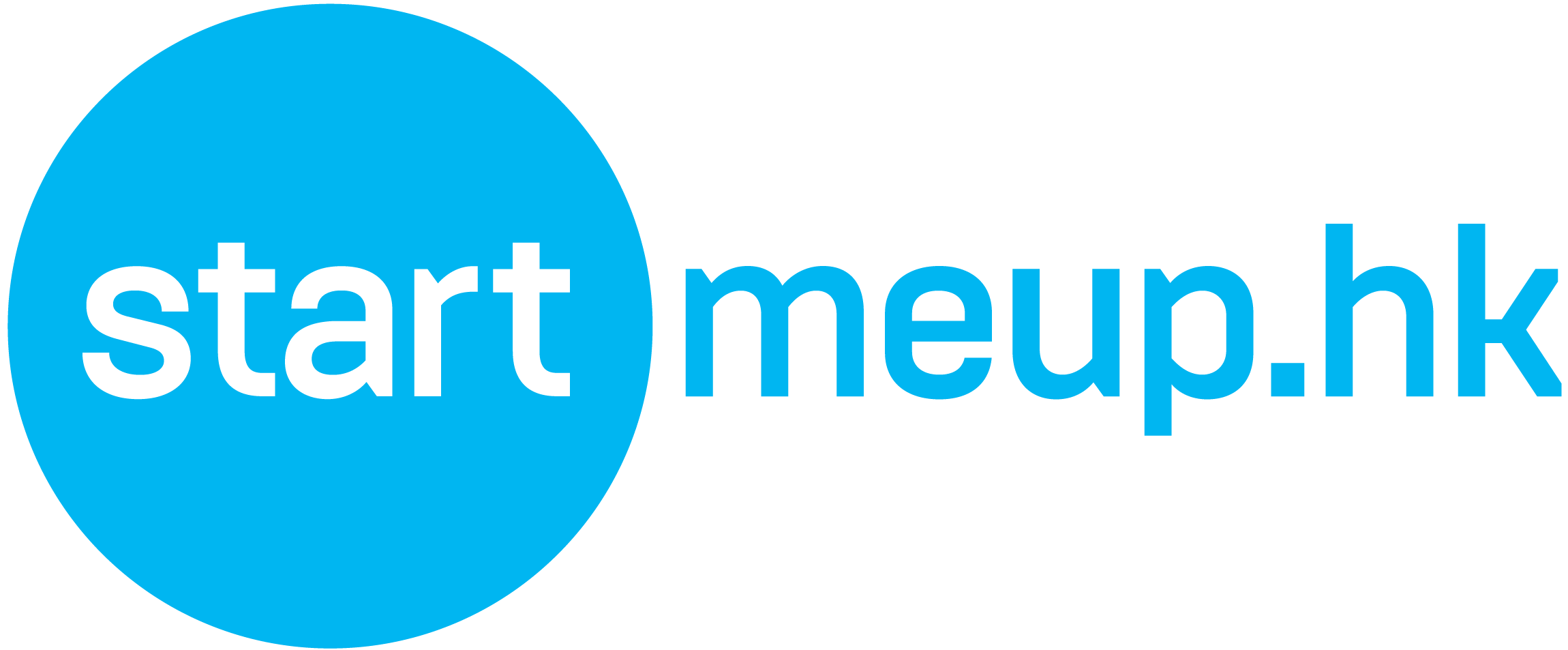Hwaxin Achelous (Hong Kong) Technology

Hwaxin Achelous (Hong Kong) Technology – Elements of success
In today’s world, we could hardly live without rare earth elements. They’re essential to much of our everyday technology – from the motors and batteries in our electric cars, to our various electronic devices – as well as many of the industrial processes used in their manufacture. They are anything but rare – they’re everywhere, and demand for them will continue to increase in the decades to come.
The problem is, while these elements are relatively plentiful in nature, they are seldom found in any sizeable concentration. This means huge quantities of raw ore must be mined and processed in order to extract the pure, useable stuff. By some estimates, every tonne of rare earth element generates approximately 2,000 tonnes of waste – some of it toxic.
Fortunately, a growing number of companies are working on ways to take the planet-ravaging edge off the extraction of rare earth elements. One of the leaders is a promising Hong Kong-based startup, Hwaxin Achelous (Hong Kong) Technology (Achelous), whose ion exchange technology is already proving effective in transforming waste into a windfall.
Power trio
Achelous began with – and essentially still comprises – Founder Alan Wong, his sister Maggie Wong, and Co-Founder Shawn Cheng. From the start, the trio has been complementary: Alan leads in practical application, Shawn in R&D, and Maggie in overseeing everything non-technical.
However, their professional orbits had been converging long before the creation of their present company. Alan, an engineer, had worked on many sewage treatment projects, and even founded his own ion exchange recycling firm in Mainland China. In 2008, he joined hands with Shawn to undertake a number of carbon and energy audit projects in Hong Kong. Maggie, meanwhile, had built up considerable sales and marketing expertise with major companies such as BBC. She was a key contributor (including investing her own money) in the trio’s first startup, a food waste treatment business in Hong Kong.
“I won’t call it a success,” admits Shawn. “The recycling business is very challenging in Hong Kong, Our paths diverged again in 2013-14.”
By 2017, though, they were back together with a new venture, formalised in 2019 as Achelous. So what’s the difference this time around?

A new start on an old problem
Alan explains: “Achelous focuses on metals and targets the mainland market, where I had developed close relationships and connections. They trusted our technology and resources and gave us some projects to work on. But Hong Kong is an important base: we need the talent available here for our research and testing.”
“I think this is our edge,” Shawn agrees. “Like many other Hong Kong startups, we own our technology and can apply and operate it within the mainland manufacturing model.”
The nitty-gritty of Achelous’ business is their ion exchange technology, which uses different resins to absorb a variety of useful metals and substances from liquid waste. When applied to industrial processes, this can simultaneously maximise profitability and minimise pollutant output. “We can condense everything into a tube, so even processing thousands of tons of water can be simple, quick and very efficient,” says Alan.
“In the last two years, our approach has been to offer our technology to a client, while the client invests in its development. Together, we build a customised system or factory. Achelous will own a 10-15% stake, so we are tied together,” Alan continues. The fact that Achelous retains control of the supply of resins reinforces the long-term nature of their partnerships. In many cases, the metals scavenged by Achelous is sold for use in new EV batteries.
Conversely, waste from EV battery production can also be recycled. “The waste is turned into a black powder called ‘black mass’, which is high in lithium, cobalt and nickel – all very useful. We can dissolve the black mass in liquid and extract all those valuable metals,” Alan explains.
With its focus on the Mainland’s still-expanding high tech manufacturing sector – and with some support from StartmeupHK – the company has already succeeded in establishing key partnerships with mainland companies, and its technologies are already at work – or about to start – at sites including an industrial park in Quanzhou, and factories in Inner Mongolia and Jingjiang.
Expanding capabilities and reach
Including the three partners, Achelous’ current headcount is only around five people, with additional staff taken on as needed on a contract basis. The company plans to expand with permanent R&D and marketing teams for future growth into ASEAN. The future may also see it spin off its ion exchange technology into other realms, as Maggie explains: “Last year, we successfully developed a first-generation prototype for using ion exchange tech to absorb carbon dioxide. Eventually we hope to create a system that could be used in anything from single bedrooms to entire carparks to improve the air quality.”
It seems that in 2024, Achelous is on the brink of gaining the momentum to propel it into the big leagues. For the sake of tech advancement and the environment that surrounds us, that can only be a good thing. When asked for their advice for aspiring startups, the Achelous trio’s responses are typically complementary:
Alan: “Get your hands dirty. You need to gain experience, and having ideas aren’t the same as getting things done. Sometimes you’ll only find problems after you’ve picked up a spanner.”
Shawn: “Follow your interests. It’s a tough world, but if you can earn a dollar by following your interests, their meaning will be bigger than personal.”
Maggie: “Be agile and flexible. Technology is changing so fast, that of today is completely different from those two years ago. You won’t survive if you aren’t flexible.”


